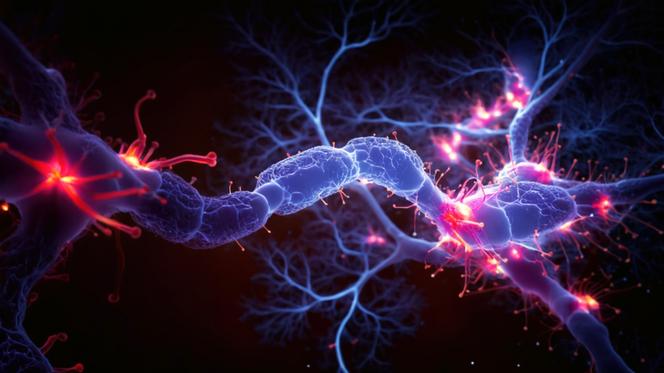


One of the key challenges for neurobiologists who implant neural devices in patients has been finding ways to fool the immune system into forgetting that these electronic devices – which are designed to receive or send signals to neurons – are foreign bodies. Since the early 2000s, dexamethasone, an anti-inflammatory drug, has been one of the main avenues explored. This medication helps reduce the body's rejection response and the process of "encapsulation," in which scar tissue forms around the implant to protect the body from perceived external aggression. These tissues act as an insulator between the neurons and the implant, diminishing the device's effectiveness; this is a significant issue, for instance, with cochlear implants, which are used to improve hearing. While the anti-inflammatory drug has already proven effective at countering this "insulation" problem, researchers are working on approaches that could help minimize side effects.
An international team of researchers, whose work was published in Advanced Healthcare Materials on June 17, explored the option of chemically linking the prosthesis material and the drug. By creating a covalent bond – that is, a sharing of electrons between two atoms – they managed to "attach" the drug molecule to the prosthesis, much like a coating. To test their technique, the researchers chose to bond the largest part of the neuroprosthesis − the polyimide base (a flexible plastic) − with dexamethasone.
You have 69.3% of this article left to read. The rest is for subscribers only.
